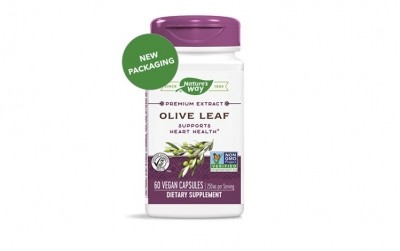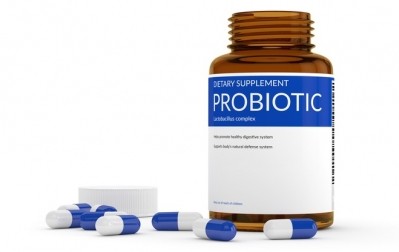No progress made in push for FDA to drop requirement of labeling probiotics by weight in metric units

A draft guidance for probiotic labeling that the Food and Drug Administration (FDA) issued last year allowed for manufacturers to list probiotic amounts on labels in Colony Forming Units (CFUs), but only in addition to listing weight units.
Some in the industry hailed the guidance as a victory, after all, probiotic stakeholders such as the International Probiotics Association have pushed and petitioned the FDA to change its rules so that manufacturers list CFUs instead of weight in miligrams of probiotic ingredients in products.
For many others in the industry, the draft guidance was a step in the right direction that did not go far enough. Stakeholders in the probiotic space have continued to urge the FDA to drop the requirement for listing probiotic weight amounts in miligrams on product packaging.
“CFU is the predominant unit of measure in scientific literature,” said Paul Bolar, VP of regulatory affairs at Pharmavite, a dietary supplement manufacturer, at the summit. He spoke on stage to represent the industry, offering a perspective of the impact of FDA’s policy regarding quantitative labeling on probiotics.
The session was framed as a dialogue with the FDA. Representing the agency was Robert Durkin, deputy director at FDA’s Office of Dietary Supplement Programs.
“So as consumers or anyone else are looking at the scientific literature to see what the benefits of a particular microorganism are, they will see the dose recorded in CFU, giving them a reference that weight declarations would not,” he added.
In addition, CFUs are a more accurate representation of probiotic dosing for health benefits. Milligrams stay constant throughout a product’s lifespan, but probiotics are living things, and when they die and no longer infer health benefits, their weight remains.
CFUs can degrade or deplete, so listing it instead of weight would make more sense. “Dead cells might be considered similar to degraded products in other nutrients for example vitamin C,” Bolar added.
In the same sense that a multivitamin brand many get into trouble with the FTC and FDA if an investigation finds out the vitamin C content of the actual product is much lower than what is labeled due to degradation, Bolar continued, “degraded products should not be included in the label, so dead cells should not be included.”
FDA: ‘This was the best compromise for now’
But Durkin’s response reminded attendees of the summit how slow regulatory changes can be.
“We’re aware of everything that Paul said today,” Durkin said. “We’re aware of the extent of the impact for the requirements of labeling…the fact that there is a disconnect between weight and CFU is a real concern, and the agency is not cut off from considering other avenues in the future.”
It is more of a logistical issue behind why FDA has not amended the labeling laws to drop milligram requirements.
Existing regulations (specifically as outlined in 21 CFR 101.36, nutrition labeling of dietary supplements) dictate that a product labeled as a dietary supplement is considered misbranded if the presentation of nutrition information does not include the quantity of each ingredient, and that if a dietary ingredient has no established reference daily intake (RDI) or daily reference value (DRV), it must be listed on the supplement facts label along with the quantitative amounts by weight in metric units, Durkin explained.
“We want to be transparent that many regulations are not easy to change in terms of timing,” he added.
Hence, the guideline requires both CFUs and weight listing of probiotic ingredients. “This was the best compromise for now to consider what to do in the future. We want to work with everyone,” Durkin said.
During a Q&A session, several industry members were unsatisfied with Durkin’s response, asking whether they can get an estimate of the timeline for initiating the industry’s proposals for solely using CFUs for probiotic labeling.
“I can’t comment on proposal now, but we’re currently talking to stakeholders about it,” Durkin said.
Patchwork of laws, a ticking time bomb?
One reason many probiotics stakeholders feel pressed for time is because of the possibility of states enacting their own laws for probiotic labeling, creating a patchwork of labeling requirements across the nation.
A bill has been introduced in California, for example, to include the total estimated quantity of all microorganisms in a dietary supplement at the end of shelf life in CFUs, and also to include the genus,species, and strain of each microorgianism in the dietary supplement, Bolar explained.
“These are proposals, requirements that are consistent with the best practices guidelines CRN and IPA had put out. These would be appear to be good solid requirements for labeling.”
The problem is that individual state laws requiring specific labeling can be very problematic, Bolar opined. “One state can ask for a particular set of requirements and another state ask for a particular set of requirements, you’ll see a very difficult situation for manufacturers,” he said.
Even though Bolar applauds California’s proposed guidelines, “from an industry standpoint, we’d like to see this controlled from a federal level.”
















